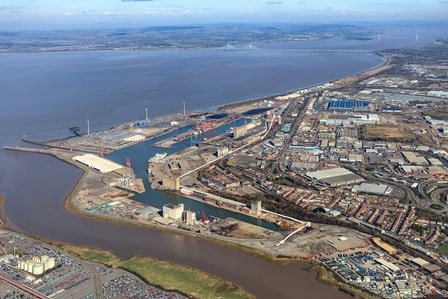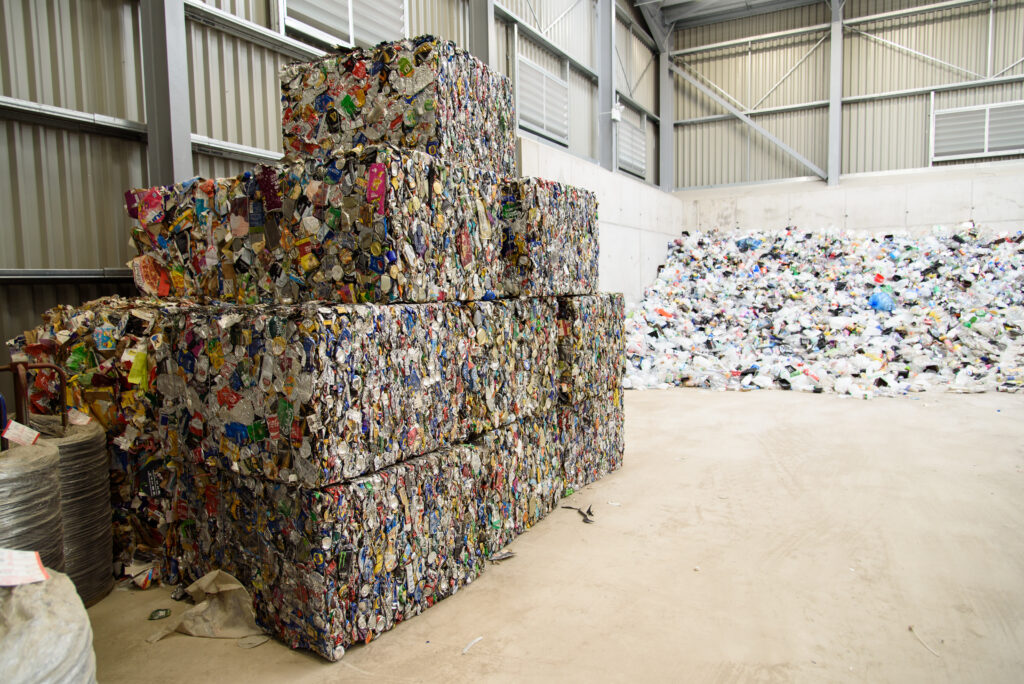Both the Agency and Bristol city council began monitoring air quality in two areas of Avonmouth last summer in response to complaints from local residents about wood and metal dust emissions from the Sims and Boomeco sites, with a petition calling for continuous air quality monitoring at the port.

Boomeco in particular also faced anger from local residents regarding an infestation of flies accumulating on refuse derived fuel (RDF) bales it was storing at the docks (see letsrecycle.com story). The company has since invested £3 million in its facilities and procedures aimed at rectifying the problem (see letsrecycle.com story).
The Environment Agency has this week (February 24) published a report detailing findings from monitoring of dust at the docks over a four months period from August 8 to December 10 2014, which found that the air quality met national standards.
The monitoring equipment was able to measure levels of different particle sizes of dust and also to show the direction from which the dust was coming. It found similar dust trends to those away from the port in the centre of Bristol, although levels of dust smaller than 10 micrometres (PM10) in diameter were “generally higher in Avonmouth”, the Agency said.
With regards to emissions of sulphur and heavy metal dust specifically, although the period of sampling only covers four months, the dust levels “did not suggest that there would be exceedances of relevant health based guidelines if metal concentrations remained at these levels”.
The report adds: “Comparison of the results with the relevant guidelines does not suggest that the metal concentrations measured would fail to comply.”
It has therefore been concluded by the Agency that dust levels in the area do not pose a risk to public health, and the monitoring results were earlier this month (February 3) presented at a public meeting at Avonmouth Community Centre chaired by local MP Charlotte Leslie.
The Environment Agency said: “At the February public meeting Public Health England and Bristol city council’s public health representatives confirmed that recorded levels of dust in Avonmouth were below that which would pose a concern to public health and safety.
“The Environment Agency is continuing to work with the industries it regulates, and with partners, to explore options to reduce dust levels even further from the sources identified by the monitoring.”
The Environment Agency has now ended its temporary dust monitoring of the area, although Bristol city council will continue monitoring air quality in Avonmouth, as according to the Agency, the capture of a longer period of monitoring data will “allow for a greater understanding of seasonal variation in particulate concentrations”.








Subscribe for free